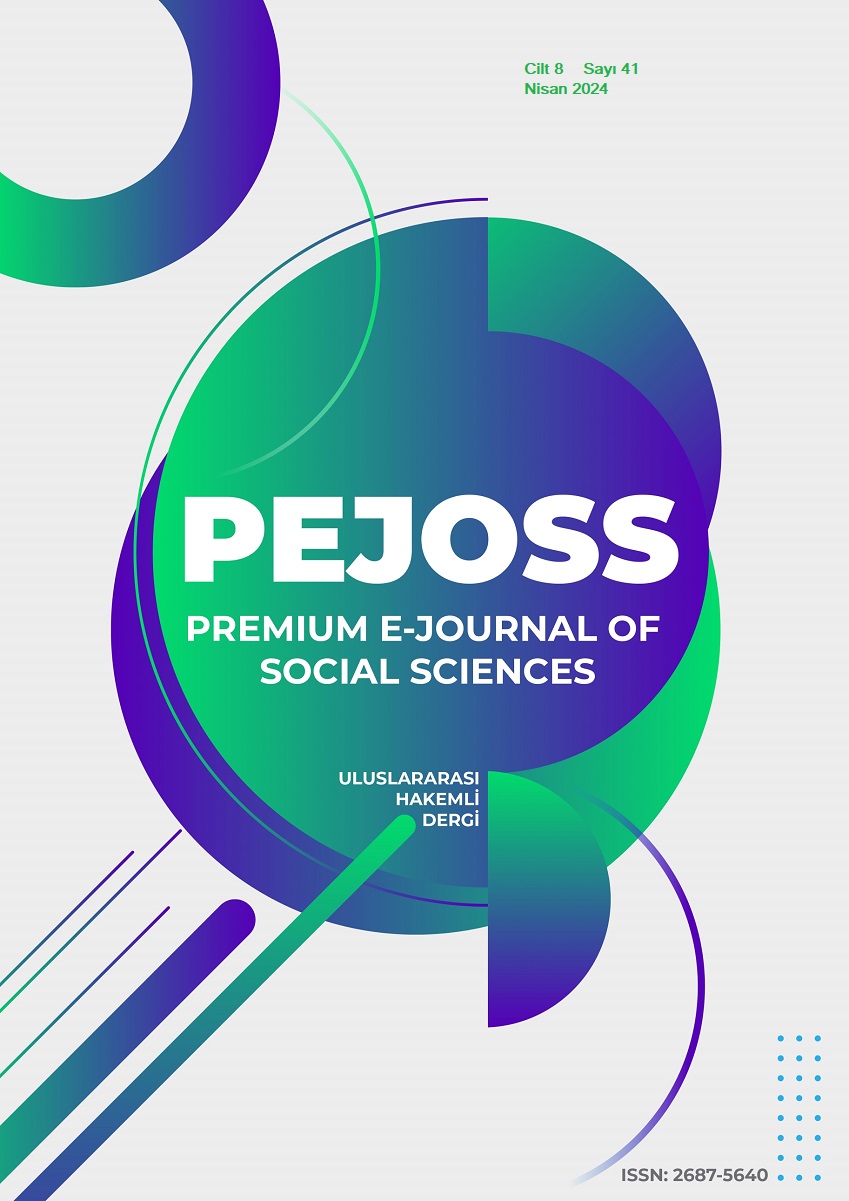Examining the Technical Skills Acquired by Performers in the Cello Education Process of David Popper's Op. 68 Hungarian Rhapsody
DOI:
https://doi.org/10.5281/zenodo.11117111Keywords:
David Popper, David Popper op.68 Hungarian Rhapsody, technical analysis of David Popper op.68 Hungarian RhapsodyAbstract
The works of David Popper (1843-1913), an educator, interpreter, and composer who played a significant role in shaping the cello repertoire during the late nineteenth and early twentieth centuries, are frequently employed in cello pedagogy and featured in professional concerts and competitions. Popper, regarded as one of the foremost cellists and composers of the twentieth century, now constitutes a fundamental component of undergraduate and graduate music curricula in fine arts schools, demanding profound technical and musical proficiency for performance. Despite the existence of limited scholarly works on the composer in Turkish, this study aims to fill the gap by examining the technical skills imparted by Popper's Hungarian Rhapsody in D major, op. 68, a cornerstone of the cello repertoire renowned for its technical and musical demands, within the context of cello education. This investigation draws on insights derived from personal study processes and observations made by educators during lesson delivery. Employing the document analysis technique, the study endeavors to dissect the structural components of the composition, elucidating technical, phrasing, and musical elements, and subsequently assesses these in light of personal experiences. Primarily focusing on enhancing right and left-hand coordination, this study aims to consolidate existing research on the composition by exploring its musical intricacies and contextualizing its historical significance within concurrent musical developments. The study confines itself to credible sources pertaining to the composer's relevant works, relying on a synthesis of literature reviews and comprehensive analysis of the composition.
Downloads
References
Nardemir, S. (2021). David Popper’in concert-etude op. 55 no. 2 eserinin incelenmesi ve eserin icra sürecinde karşılaşılabilecek sorunlara yönelik çözüm önerileri. Afyon Kocatepe Üniversitesi Akademik Müzik Araştırmaları Dergisi, 7(13), 150-173. doi: 10.36442/AMADER.2021.41
Park, S. Y. (2007). Effective Practice Methods for David Popper's Virtuosic Pieces and the Realtionship Between Selected Pieces and Etudes. Florida State University Libraries.
Say, A. (1997). Müzik Tarihi. Müzik Ansiklopedisi Yayınları.
Sayın, E. (2022). Gabriel Faure’nin Op. 24, Elegy Adlı Eserinin Form ve Viyolonsel Tekniği Açısından İncelenmesi. Eurasian Journal of Music and Dance. (20), 143-162. doi: 10.31722/ejmd.1003125.
Venturini, A. (2009). The Dresden School of Violoncello In The Nineteenth Century. Yüksek Lisans Tezi. University of Central Florida, Orlando. https://stars.library.ucf.edu/etd/4108
Downloads
Published
How to Cite
Issue
Section
License
Copyright (c) 2024 Premium e-Journal of Social Science (PEJOSS)

This work is licensed under a Creative Commons Attribution 4.0 International License.


